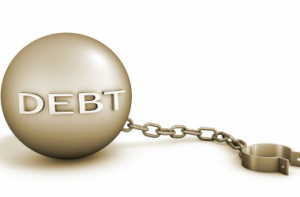 Today’s top story: The top personal financial planning websites. Also in the news: The dangers of free Wi-Fi, how to lower your health care costs, and tips on taxes for freelancers.
Today’s top story: The top personal financial planning websites. Also in the news: The dangers of free Wi-Fi, how to lower your health care costs, and tips on taxes for freelancers.
Top 5 Personal Financial Planning Websites
Putting it all on virtual paper.
Is Free Wi-Fi Dangerous?
Free Wi-Fi can end up quite costly.
5 Ways to Lower Your Health Care Bills
How to keep a lid on your health care costs.
Freelancers, Here’s How To Do Your Taxes
One of the downsides of freelancing life.
If You Can’t Understand a Financial Move in Five Minutes, Wait First
Waiting could save you from making a big mistake.



